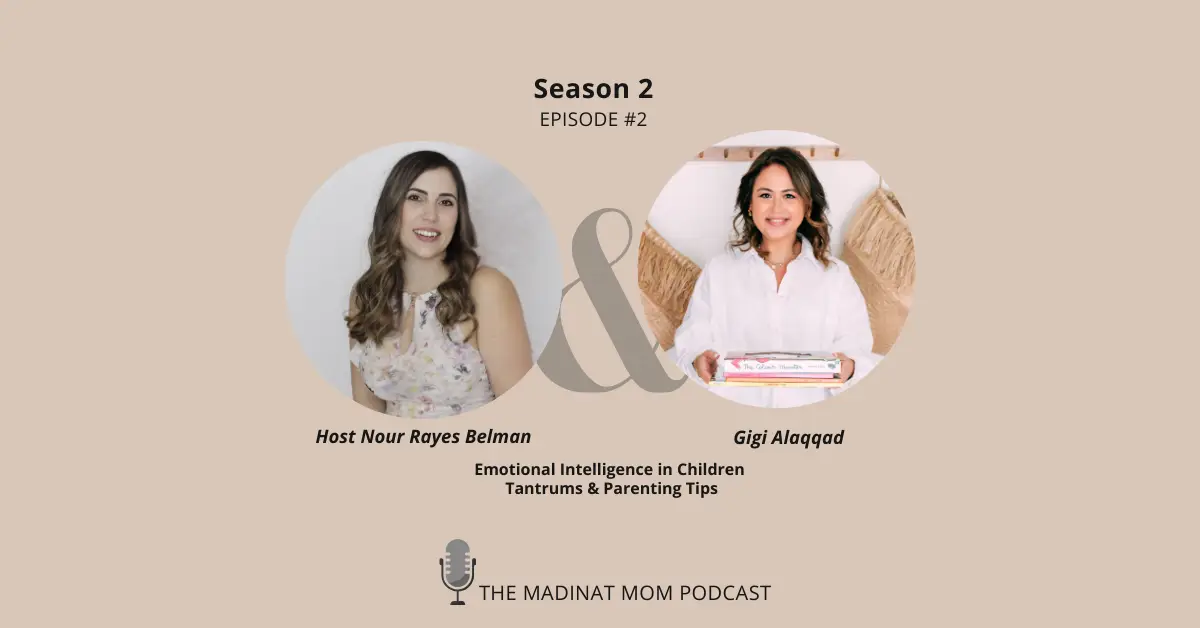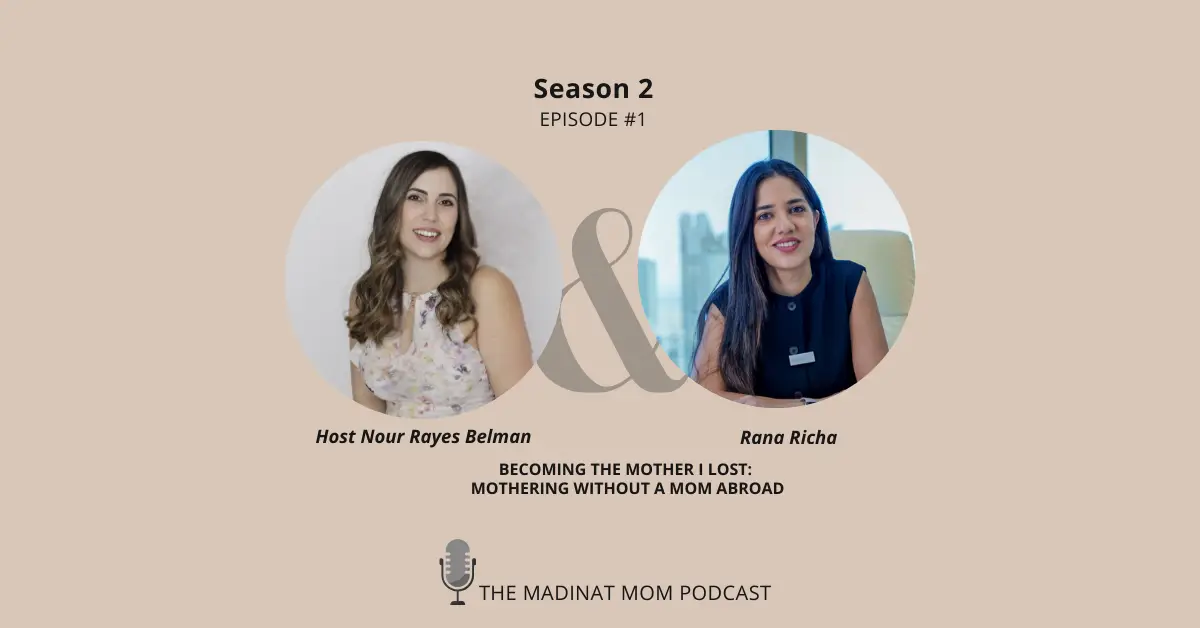Motherhood is beautiful; however, it can also feel overwhelming. Therefore, this guide will help you navigate postpartum struggles, find support, and regulate your emotions with simple mindfulness tools.
Becoming a mother is a life-changing experience, and for many, it is filled with overwhelming emotions. As a mother of two teenage boys and a professional specializing in therapeutic coaching and trauma healing, I know firsthand how motherhood can feel like a whirlwind of big feelings, overwhelming moments, and self-doubt.
The tears, the loneliness, the endless to-do lists—it can all feel like too much. Some days, the weight of it all can make you feel as though you’re drowning. And for some moms, it goes beyond just the ordinary struggles. You may find yourself having thoughts you never thought possible—feeling like you can’t keep up, or worse, having suicidal thoughts, or the urge to numb yourself with alcohol just to escape the pressure. If this sounds familiar, I want you to know you are not alone, and you do not need to suffer in silence. A Guide to Healing and Support
A Guide to Healing and Support
This guide will help you explore emotional healing and practical tools for motherhood.
The Reality of Postpartum and Expectations
Motherhood can sometimes feel like a one-size-fits-all expectation. Society tells you how you’re supposed to feel, look, and behave as a mom. We’re expected to just do it all, without a second thought about how it’s affecting our well-being. Often, moms push their feelings aside because we have this unspoken belief that “moms just have to get things done.” There’s a pressure to look a certain way and show up a certain way. In turn, we don’t take the time to pause and ask for help when something feels off.
If you’ve ever had a C-section when things didn’t go as planned, or found yourself feeling like a failure for not being able to meet the “perfect mom” standards, you’re not alone in those feelings. It’s normal to feel that way, but that doesn’t mean it’s okay to keep suffering in silence. A Guide to Healing and Support
A Few Tips for Dads
As a therapist, I always recommend to dads that one of the most important things they can do for their wives is simply to listen. Too often, men jump straight into problem-solving mode, offering advice or solutions when what a mother really needs is someone who can just hold space for her emotions. It’s incredibly important for dads to show up without expectation, do things around the house without being asked, like unloading the dishwasher, and create a non-judgmental space for moms to express how they feel. Co-parenting is vital to the health of the family, and emotional support through listening is a key part of that.
Debunking Misconceptions about Postpartum Depression (PPD)
There’s a misconception that you can just “snap out of” feelings of sadness or anxiety during postpartum. Or that if you’re experiencing these emotions, you’re not a good mom. This idea is harmful and simply not true. Emotions are part of being human. If you’re struggling, it doesn’t mean you’re failing at motherhood—it means you’re human, and you need support. The belief that we can control our emotions or that they make us “bad” moms only adds shame to the experience, making it harder to ask for the help we need.
Therapy Doesn’t Mean Something Is Wrong With You
I know from personal experience that therapy can sometimes have a stigma attached to it. Seeking therapy doesn’t mean you’re “broken”; it means you are taking the first step in caring for your mental health. When I went on my own journey of recovery from alcohol, I found a sense of community and healing in my AA group. That support became a pivotal part of my recovery, and I found the same need for community exists in motherhood. Having a tribe, a group of women who understand and support you, is critical.
A Guide to Healing and Support
We need to recover vocally, and this is true whether we are recovering from addiction or from the mental and emotional strains of motherhood. It’s essential to speak up about what you’re going through so that you can receive the support you deserve.
Nervous System Regulation and Mindfulness for Moms
As moms, we often think we don’t have time for self-care or mindfulness practices, but that couldn’t be further from the truth. Mindfulness can be woven into the very fabric of your day, and it doesn’t need to be time-consuming. A big part of regulating your nervous system is being present in the moment. A Guide to Healing and Support
Here are some simple techniques to help you regulate your nervous system and incorporate mindfulness into your daily routine:
- Start your day before you open your eyes:
- Ground yourself by asking, Where are my feet?
- Focus on the feeling of the bed beneath you and take a deep breath to bring yourself into the present moment.
- Square Breathing Exercise:
- Trace the shape of a square with your breath:
- Inhale for 4 counts.
- Hold for 4 counts.
- Exhale for 4 counts.
- Hold again for 4 counts.
- Repeat to calm your nervous system and focus your mind.
- Trace the shape of a square with your breath:
- Walking Barefoot (Grounding):
- Take a moment to walk barefoot on natural surfaces like grass or soil.
- This helps reconnect you to the earth and your body, reducing stress and increasing relaxation.
- Mindful Moments Throughout the Day:
- Bring your focus to the present moment, paying attention to simple activities, like washing dishes or walking to the car.
- Check in with your body and notice how it feels in that moment.
- Somatic Practices:
- Trauma is often stored in the body, so incorporating practices like yoga or gentle stretching can help release that tension.
- Focus on physical sensations and how your body feels during these movements.
- Deep Breathing:
- Take slow, deep breaths to calm your nervous system.
- Inhale deeply through your nose, hold for a few seconds, then exhale slowly through your mouth. Repeat as needed.
These techniques don’t require a lot of time, but when practiced regularly, they can help you feel more present, centered, and emotionally balanced.
Final Tips for Moms: Kindness, Vulnerability, and Support
Moms, you deserve kindness—from others, but most importantly, from yourself. It’s okay to feel overwhelmed. It’s okay to have tough days. It’s okay to need help. Shame should never be part of the equation when voicing the emotions you’re experiencing. You are not alone in this journey. Don’t be afraid to speak up, to reach out, and to ask for help.
Find your tribe—those people who support you and understand you. Find your community. Because when we come together, we can heal together.
If you’re looking for a supportive space filled with encouragement and shared experiences, Madinat Mom is here for you. Connect with other moms who understand, share your story, and find reassurance in knowing that every path to motherhood is unique and valid.
You can watch Dana’s Full Episode on Youtube, or you can listen to the audio version through the Podcast Tab on the Madinat Mom Website.





